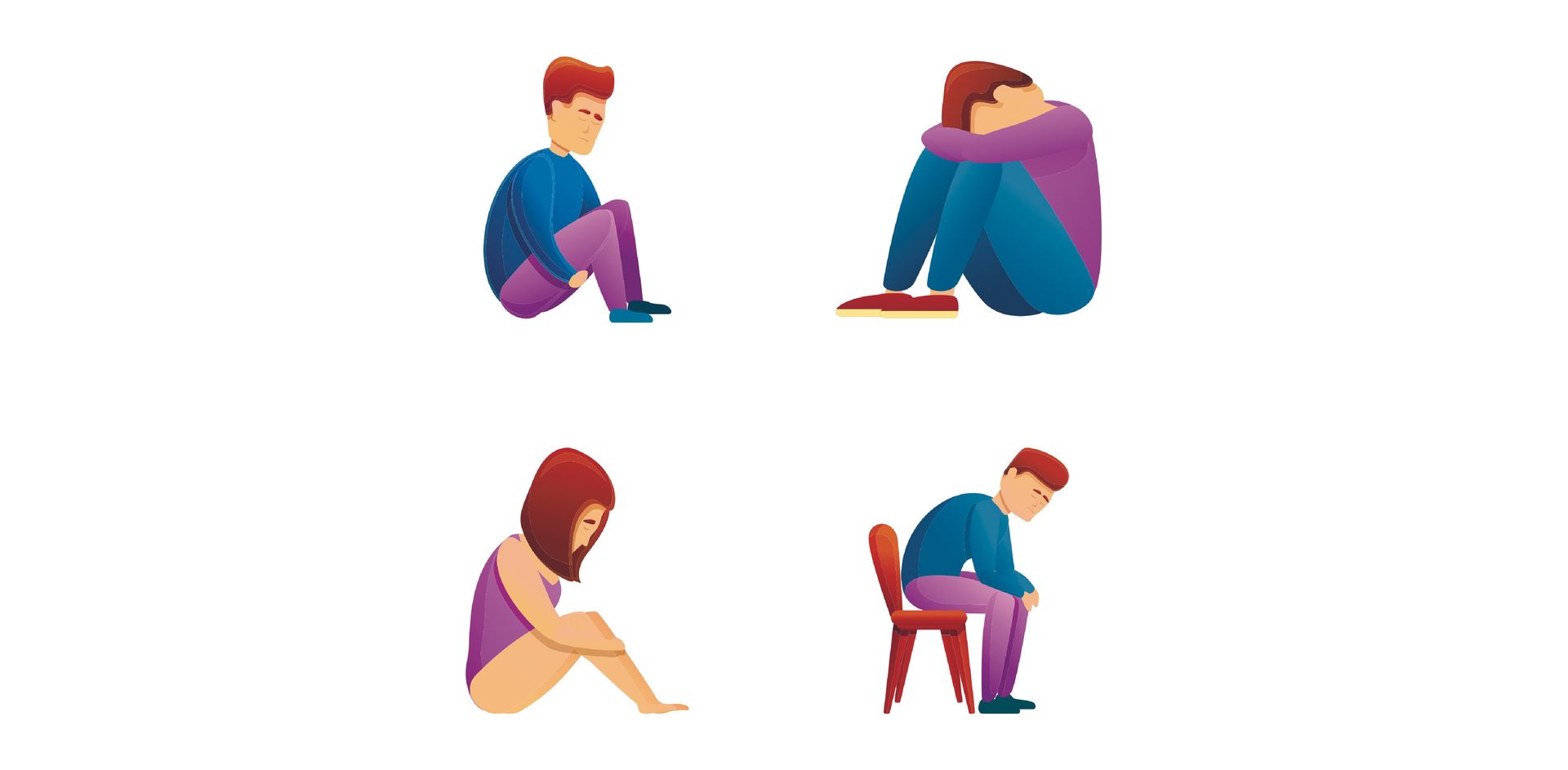Depression in a relationship
Depression can be a major stress test for a relationship. It is not uncommon for the person suffering from depression to withdraw, which leads to great uncertainty for both partners in the relationship. The healthy person asks themselves: Is my partner's withdrawal a sign of an unhealthy relationship? Or is it the typical symptoms of depression (including dejection, exhaustion, emotional emptiness)? Thoughts of separation are creeping into the relationship more and more frequently.
Why do relatives of partners suffering from depression have thoughts of separation?
Simply put: because they are at the end of their tether. This is also referred to as family burnout. There are various facets to this:
- The depressed person has no insight into their illness.
- The illness is concealed, often even in the closest (family) environment.
- The “function mode” in the relationship is out of order, i.e. tasks that two relationship partners used to take on now have to be handled by one person alone.
- In addition to the physical exhaustion of the relatives, there is also emotional exhaustion (e.g. coping with relapses, a perceived standstill in coping with the illness, a lack of confidence in a shared future).
Sometimes depression is a kind of magnifying glass on the points of conflict in the relationship.
A separation is inevitable if the health of the healthy person is also at risk. A separation is also likely if the person suffering from depression refuses any professional help such as therapy, a stay in hospital or taking medication.
Why does the person suffering from depression want to separate?
- The depressed person is afraid of putting too much strain on their healthy partner or even ruining their health.
- The depressed person sees the relationship as the reason for the depression.
- The person suffering from depression has a distorted perception of the relationship, which is, however, a symptom of the illness.
- The depressed person no longer feels any emotions or connection to their partner.
Tips on how relatives can deal with depression in the relationship:
- Don't take the depressed person's behaviour personally. Depression initially says nothing about their love. Get professional support to “sort out” the situation.
- Depression often comes on gradually. If a partner is noticeably irritable, talk about this change.
- Accept that the depressed person is unable to contribute to family life as usual due to their illness. They simply lack the energy, motivation and zest for life.
- However, don't take all the tasks away from the person who is depressed. This may make them feel even more helpless, which in turn will affect their already fragile self-esteem.
- The treatment of depression belongs in professional hands. As a relative, you are not the therapist.
- If your partner has no insight into their illness, encourage them to seek support. Depression is a mental illness, not a weakness! If your partner expresses suicidal thoughts, go to the nearest psychiatric emergency room!
- Even if the depression is well treated, there are worries on both sides. Share them! Discuss your fears, e.g. of a new episode. And that you are worried that the healthy partner will leave the relationship. The healthy person can also say that they sometimes feel overwhelmed and discouraged.
- The healthy person should not give up on their interests. Depression also costs them a lot of energy and they should do something for their mental health without feeling guilty.
If the separation is unavoidable on the part of the healthy person ...
- Communicate clearly that you want the separation.
- Tell your partner that you accept that he or she does not want to be helped, but that you can no longer walk the path together with him or her.
- Involve the people around you as support for the first time after the separation (if children are involved, check who can help with childcare, transportation, etc.).
- Stand by your decision to separate and stay away from people who do not want to accept your decision.
- Stop taking care of your partner's depression. Otherwise you will only be changing the household, not the role.










